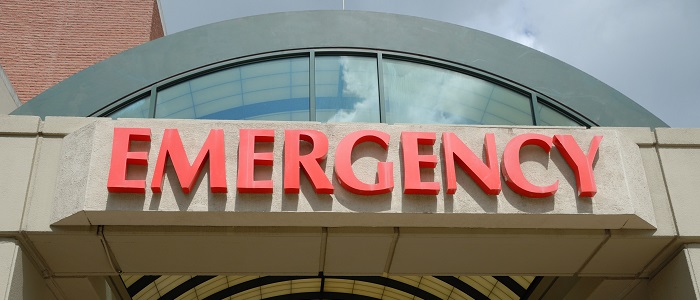


The program in Paediatric Emergency Medicine is designed to provide training in the comprehensive care of acutely ill and injured children. To
The usual course of training a resident would follow in this program would involve both core rotations in pediatric emergency medicine, reciprocal rotation training, subspecialty rotations, and elective rotations over a two-year period to provide residents with the opportunity to
Paediatric emergency medicine rotations would comprise at least 12 months of the training period with a minimum of 5 months in each of the years. The initial months are spent primarily in the role of a resident with direct responsibility for patient care and are used to further develop the skills of history taking, physical examination and development of differential diagnoses and care plans for acutely ill and injured children. Progressive independence from direct supervision to independent learning and academic discussions of clinical problems will be expected during the first year. In the second year of the
A minimum of 2 months would be spent in adult trauma and emergency medicine and a
Residents with a background in emergency medicine would spend a minimum of 1 month in each of neonatology, paediatric ICU, and paediatric ambulatory care.
Six months of subspecialty rotations would include: toxicology with a balanced emphasis on adult and paediatric aspects, EMS system/disaster planning, and administration.
All residents are required to spend
Finally, residents are expected to obtain APLS and ATLS courses in their first year if not previously completed. This is paid for by the Program.
Research is an expectation of all trainees. Trainees will obtain skills through a horizontal course lecture series at UWO in clinical epidemiology and/or statistics and by their initiation of an independent research project. At the end of their two
During the two
Residents are expected to acquire an understanding of PER administration and management in preparation for their ultimate roles as attending paediatric emergency physicians. They attend the monthly PER Operations Committee and the quarterly Care Review Committee Meetings. In both of these forums, quality assurance, budget, and administrative issues are routinely discussed. In addition, the Academic Seminar Series addresses many administrative issues in a more theoretical forum. Residents are members of the Paediatric Emergency Postgraduate Committee. To further develop their administrative and organizational skills the residents are put in charge of the monthly resident rotation scheduling, PER rounds and journal clubs.
The residents are responsible for the supervision and teaching of the junior house staff when they are on rotation in the PER. They are responsible for organizing, directing and sometimes presenting the monthly PER rounds. They also are component teachers in the weekly junior resident teaching series while on rotation in the PER.
The residents are exposed to ethics on both a formal and informal basis. The informal teaching occurs regularly in case discussion at the bedside and in discussion with various consulting services. The formal teaching occurs in quarterly Ethics Rounds presented by a trained Ethicist as well as inclusion in the Paediatric Critical Care Medicine Academic Seminar Series and in focused sessions in the PER Academic Seminar Series on ethical issues as they pertain to PER.